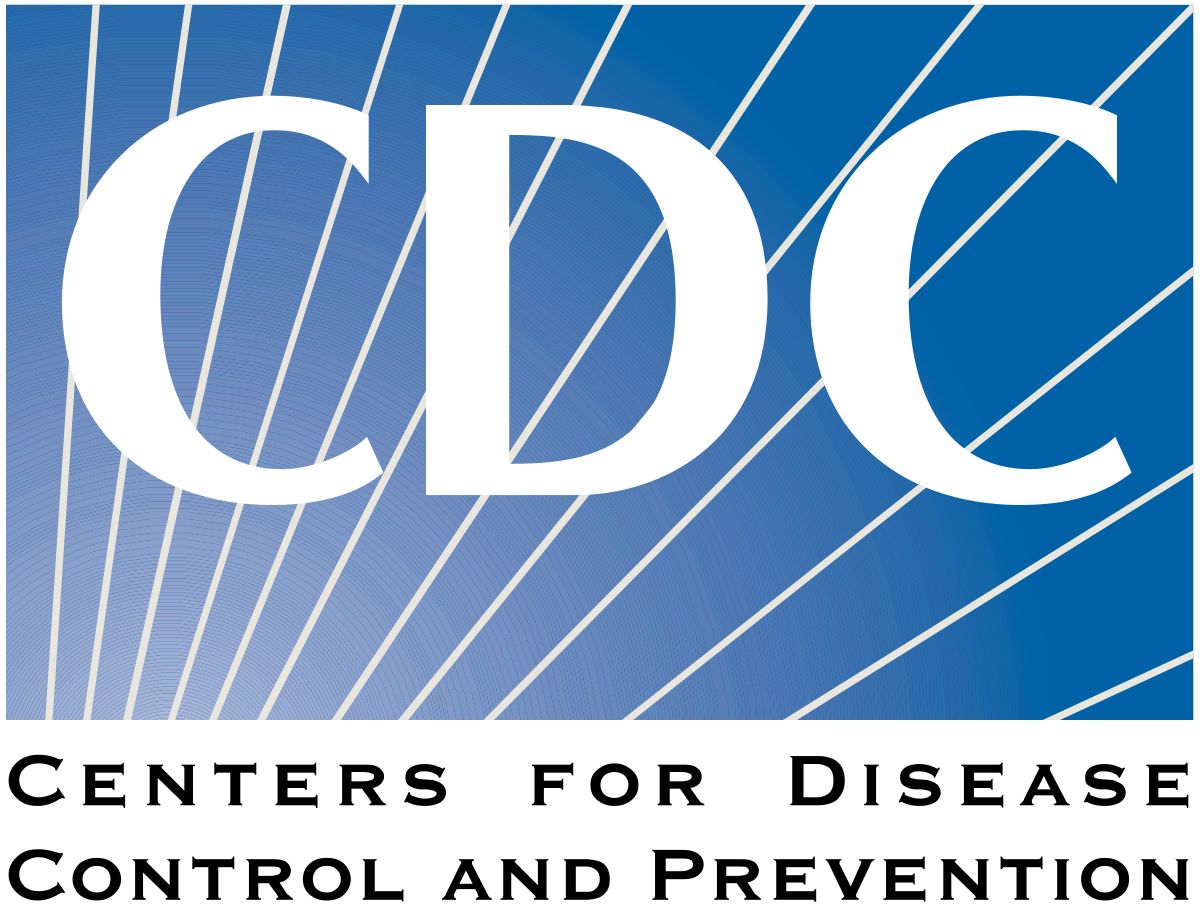CDC, WHO Present Recommendations for Dealing with Stress of COVID-19
Individuals are encouraged to maintain some semblance of normalcy in face of the coronavirus outbreak, including regular exercise and sleep.
The US Centers for Disease Control and Prevention (CDC), as well as the World Health Organization (WHO) have released guidelines and recommendations for managing anxiety and stress during the novel coronavirus (COVID-19) outbreak.
The CDC’s guidelines include general advice for coping with the stress of the outbreak and specific advice for parents, responders, and individuals who have been released from quarantine.
The first rule of thumb from the CDC is patients with preexisting mental health conditions should continue with their treatment and be cognizant of new or worsening symptoms.
An important thing to remember, according to the CDC, is everyone responds differently to stressful situations.
Some individuals, including children, older individuals, people with chronic disease, people helping with the response to the outbreak, such as doctors, other health care providers, and first responders, and people who already have mental health or substance abuse problems may respond strongly to the stress of the situation.
Some of the different types of stress mentioned in the CDC guidelines include fear about your own health and the health of loved ones, changes in sleep or eating patterns, difficulty sleeping or concentration, the worsening of chronic health problems, and increased use of alcohol, tobacco, or other drugs.
In dealing with stress, the CDC recommends taking breaks from consuming new stories about the pandemic, taking care of your body, including taking deep breaths, stretching, and meditating, eating health, well-balanced meals, exercising regularly, sleeping, and avoiding drugs and alcohol.
Some of the other advice for individuals is doing enjoyable activities and connecting with others.
Another suggestion for reducing stress is a better understanding of the actual risk to the individual, especially in the low-risk group.
Parents also must be cognizant on how stress can manifest in their children and find ways to reduce that potential stress.
Some ways children and adolescents respond to stress including excessive crying or irritation, particularly for younger children, returning to behaviors they outgrown, excessive worry, and unhealthy eating or sleeping habits.
For teenagers, the stress can lead to poor school performances, difficulty with attention and concentration, unexplained headaches or body pain, and substance use.
Some of the suggestions for avoiding these issues including open communication with the child, reassuring them they are safe, and limiting exposure to news coverage, including social media. It is also important keep up with regular routines.
The emotional toll on responders can also be daunting.
The CDC suggests this group should allow for family time to recover from the pandemic, take a break from media coverage, ask for help when needed, and create a menu of personal self-care activities to break away from the stressful situation.
The final group the CDC has identified as potentially stressed out individuals is people who have been released from quarantine.
Being released from quarantine can elicit mixed emotions even when the individual does not get sick, including relief, fear, sadness, anger, frustration, guilt, and other emotional or mental health changes.
The WHO’s guidelines were designed to support the general population, health care workers, health care facility managers or team leaders, caretakers of children or older adults, as well as people in isolation. They tailored these recommendations to each of those groups, knowing that after the WHO declared the coronavirus outbreak a Public Health Emergency of International Concern in January that anxiety about the infection could increase.
For the general population, the WHO suggested not attaching the coronavirus to any 1 ethnicity or nationality. Instead, realize that this outbreak will impact many people in various locations.
Honoring the role of caretakers and health care workers in the community is another tip for the general population. But importantly, the WHO said that by avoiding watching, reading or listening to news that causes distress or anxiety can be useful. Instead, they suggested seeking factual information to take practical steps to protect loved ones.
Health care workers should rest assured that feeling stressed about the situation is normal, the WHO said. Getting rest between work shifts, eating sufficient healthy food, engaging in physical activity, and staying in contact with family and friends can be useful coping strategies. Unhelpful coping strategies include use of tobacco, alcohol, or other drugs.
The same is true for health facility managers, though the WHO said these workers should manage their staff’s expectations and responsibilities. By using the buddy system (a more experienced worker paired with a less experienced worker) and rotating from high- to low-stress environments, staff will have a better mental capacity to fulfill their duties. Another tip from the WHO is to communicate developments and information to staff and make sure they are aware of where to access mental health and psychosocial support services.
For people in isolation, the WHO’s biggest recommendation was to stay connected to social networks to avoid feelings of isolation. Maintaining a typical routine can help as well, including staying connected through email, social media, video conferencing and telephone. When stressed, isolated patients should recognize their own needs and feelings, the WHO added. Healthy activities that promote relaxation, such as regular exercise, regular sleep routines, and healthy food, can keep things in perspective.
